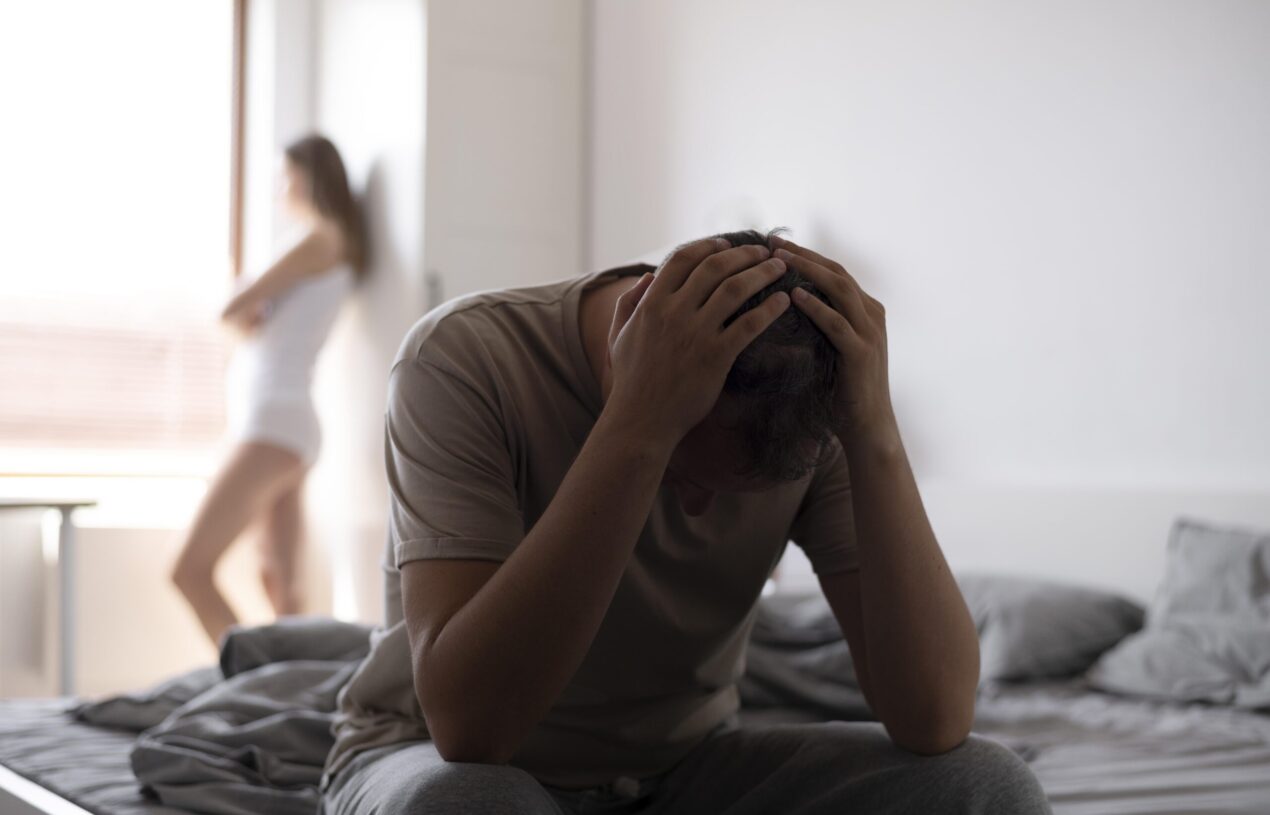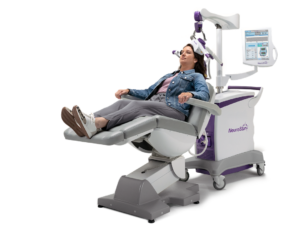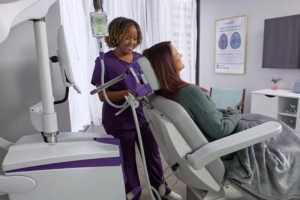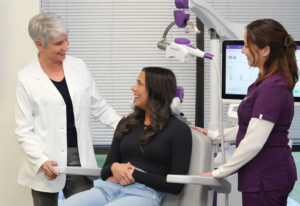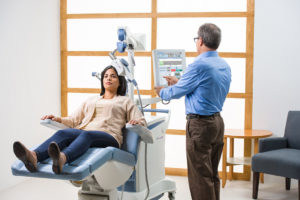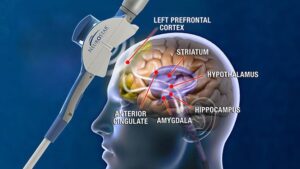There’s no denying the impact that testosterone levels can have on a man’s overall health and well-being. While it’s natural for testosterone levels to decline with age, some men may experience a more significant drop, leading to the condition known as low testosterone or hypogonadism. In this comprehensive guide, we’ll investigate into the various causes of low testosterone, from medical conditions to lifestyle factors and medications. We’ll also explore the common symptoms associated with low testosterone levels and shed light on the diagnostic process used by healthcare professionals to evaluate and confirm this condition. Stay tuned to learn more about low testosterone and how it can be effectively managed.
Causes of Low Testosterone
Medical Conditions
On occasion, certain medical conditions can lead to low testosterone levels in men. These conditions may include issues with the testicles, pituitary gland, or hypothalamus. Common examples of medical conditions that can contribute to low testosterone include hypogonadism, diabetes, obesity, and chronic illnesses such as kidney disease or liver cirrhosis.
Lifestyle Factors
To keep testosterone levels balanced, it’s necessary to maintain a healthy lifestyle. Factors such as excessive stress, lack of exercise, poor sleep quality, and an unhealthy diet can all negatively impact testosterone production. Any lifestyle changes that promote overall well-being, such as regular physical activity, stress management, and a balanced diet, can help support healthy testosterone levels.
- Inadequate sleep can disrupt hormonal balance.
- High levels of stress can lead to hormonal imbalances.
Medications and Treatments
Treatments involving certain medications can sometimes result in decreased testosterone levels. Common examples include opioid pain medications, glucocorticoids, and chemotherapy drugs. With proper monitoring and management, healthcare professionals can help minimize the impact of these medications on testosterone levels.
Symptoms of Low Testosterone
Physical Symptoms
Symptoms of low testosterone can manifest physically, such as decreased muscle mass and strength, increased body fat, and decreased bone density. Additionally, individuals may experience symptoms like reduced energy levels, fatigue, and decreased libido.
Psychological and Emotional Symptoms
Symptoms of low testosterone can also have psychological and emotional effects on individuals. These may include feelings of depression, irritability, and difficulty concentrating. Low testosterone levels have also been linked to a decrease in motivation and drive.
To further understand the impact of low testosterone on psychological and emotional well-being, it is important to consider the role of hormone regulation in mood and behavior. Testosterone plays a significant role in cognitive function, mood stability, and overall mental health. Therefore, disruptions in testosterone levels can lead to changes in emotional and psychological well-being.
Diagnosing Low Testosterone
Once again, diagnosing low testosterone involves a thorough evaluation by healthcare professionals to confirm the condition. The diagnostic process typically includes a medical history review, physical examination, and blood tests to assess hormone levels.
Medical History and Physical Examination
Physical examination plays a vital role in diagnosing low testosterone. Healthcare providers will evaluate symptoms such as decreased libido, fatigue, and muscle weakness. Additionally, medical history, including past illnesses, medications, and lifestyle habits, will be discussed to identify potential causes of low testosterone.
Blood Tests and Hormone Levels
Examination of blood tests is crucial in diagnosing low testosterone. Healthcare providers measure testosterone levels in the blood to confirm the diagnosis. Low testosterone levels below 300 ng/dL may indicate hypogonadism. Other hormone levels, such as luteinizing hormone and follicle-stimulating hormone, may also be evaluated to determine the underlying cause of low testosterone.
Treatment Options for Low Testosterone
Hormone Replacement Therapy
To address low testosterone levels, healthcare professionals may recommend hormone replacement therapy, where synthetic testosterone is administered to boost hormone levels. This can help improve symptoms such as fatigue, reduced muscle mass, and low libido. However, it’s important to monitor hormone levels regularly to avoid potential side effects and ensure the effectiveness of the treatment.
Lifestyle Modifications and Alternative Therapies
Therapy Lifestyle modifications, such as maintaining a healthy diet, regular exercise, and managing stress, can also play a critical role in managing low testosterone levels. Additionally, alternative therapies like acupuncture or herbal supplements may be considered in conjunction with medical treatment to help alleviate symptoms and improve overall well-being.
Another important aspect of managing low testosterone involves adopting healthier lifestyle choices, including regular exercise, a balanced diet, and stress-reducing activities. These changes can help optimize hormone levels and improve overall health, potentially reducing the need for more aggressive medical interventions. It’s important to consult with a healthcare provider to determine the most appropriate treatment plan based on individual needs and preferences.
Summing up
As a reminder, low testosterone, or hypogonadism, can be caused by various factors such as medical conditions, lifestyle choices, and certain medications. Symptoms of low testosterone include fatigue, decreased muscle mass, and changes in mood. Healthcare professionals use a diagnostic process that may include blood tests to confirm the condition. It’s important for men experiencing symptoms of low testosterone to consult with their healthcare provider to determine the underlying cause and explore potential treatment options.

